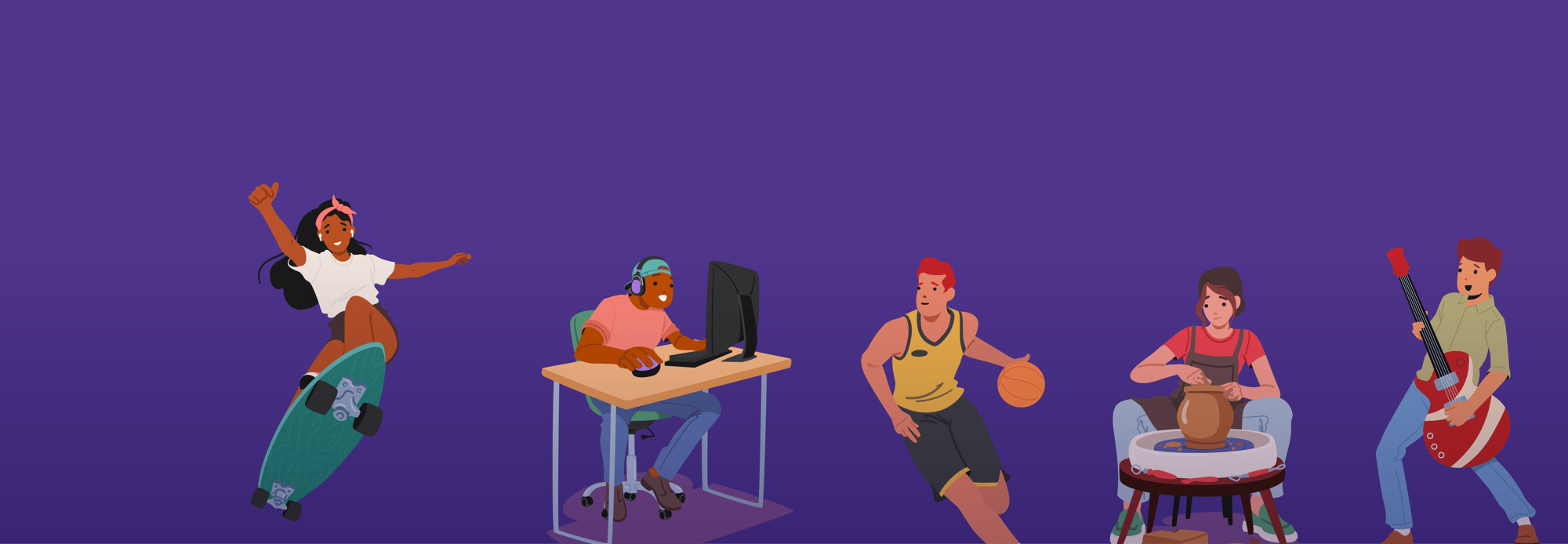
Better Ways to Feel Better
How are you feeling today?
Get Support
It’s okay to not feel okay. If you’re overwhelmed, anxious or just don’t know what to do next, you don’t have to figure it out alone.
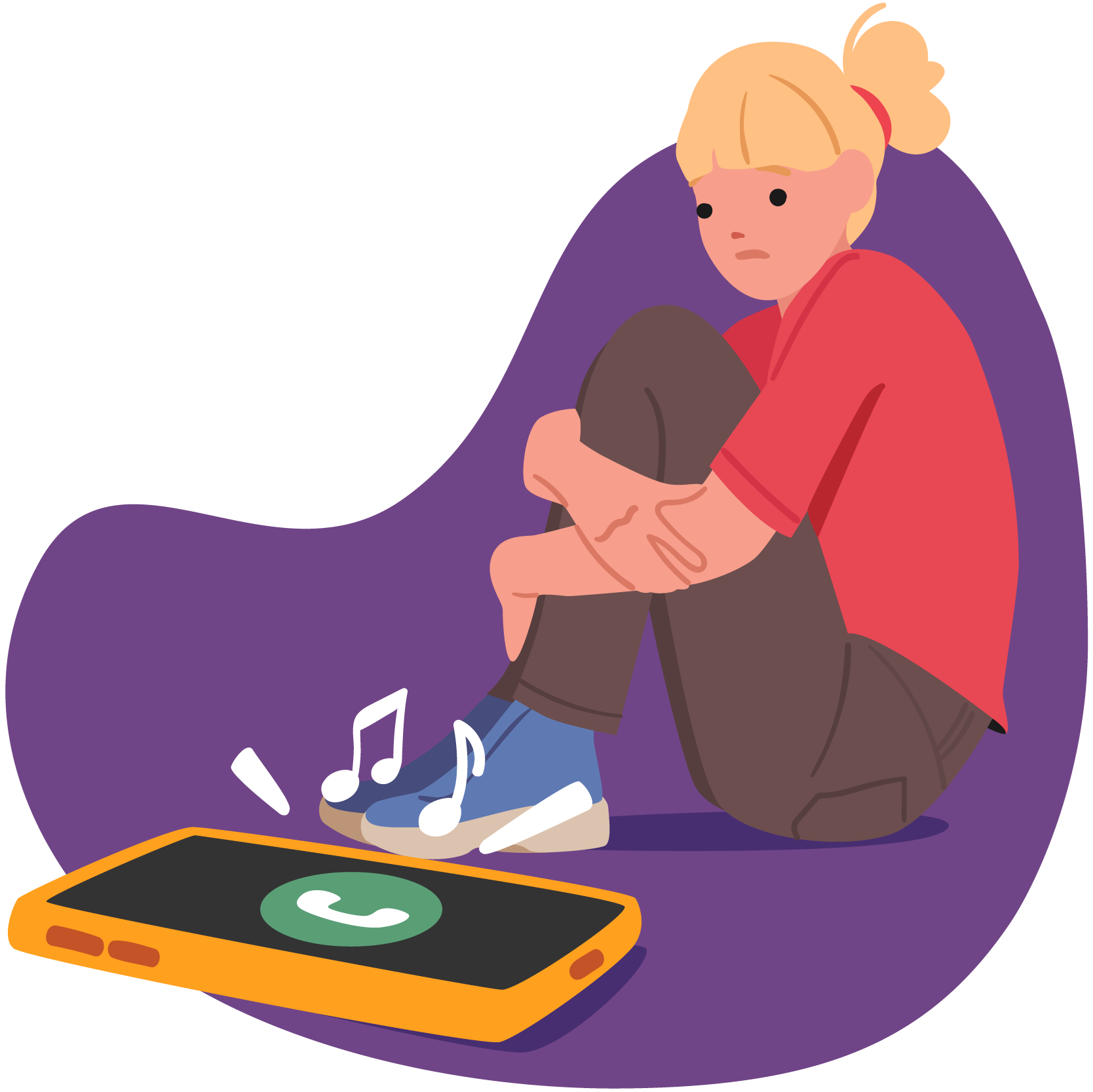
A few quick, simple things that might help:
- 1. Breathe in deeply and hold for four seconds.
- 2. Let it out slowly, then hold for another four seconds.
- 3. Repeat five or so times.
- • Take a walk around the neighborhood
- • Read a book on a park bench
- • Ride a bike or go for a jog
- • Bring up something you know you both enjoy
- • Suggest doing something together
- • Kick off a conversation with a post or video you saw recently
988 is here to help.
Talk to a trained counselor about first steps for handling whatever you're going through.
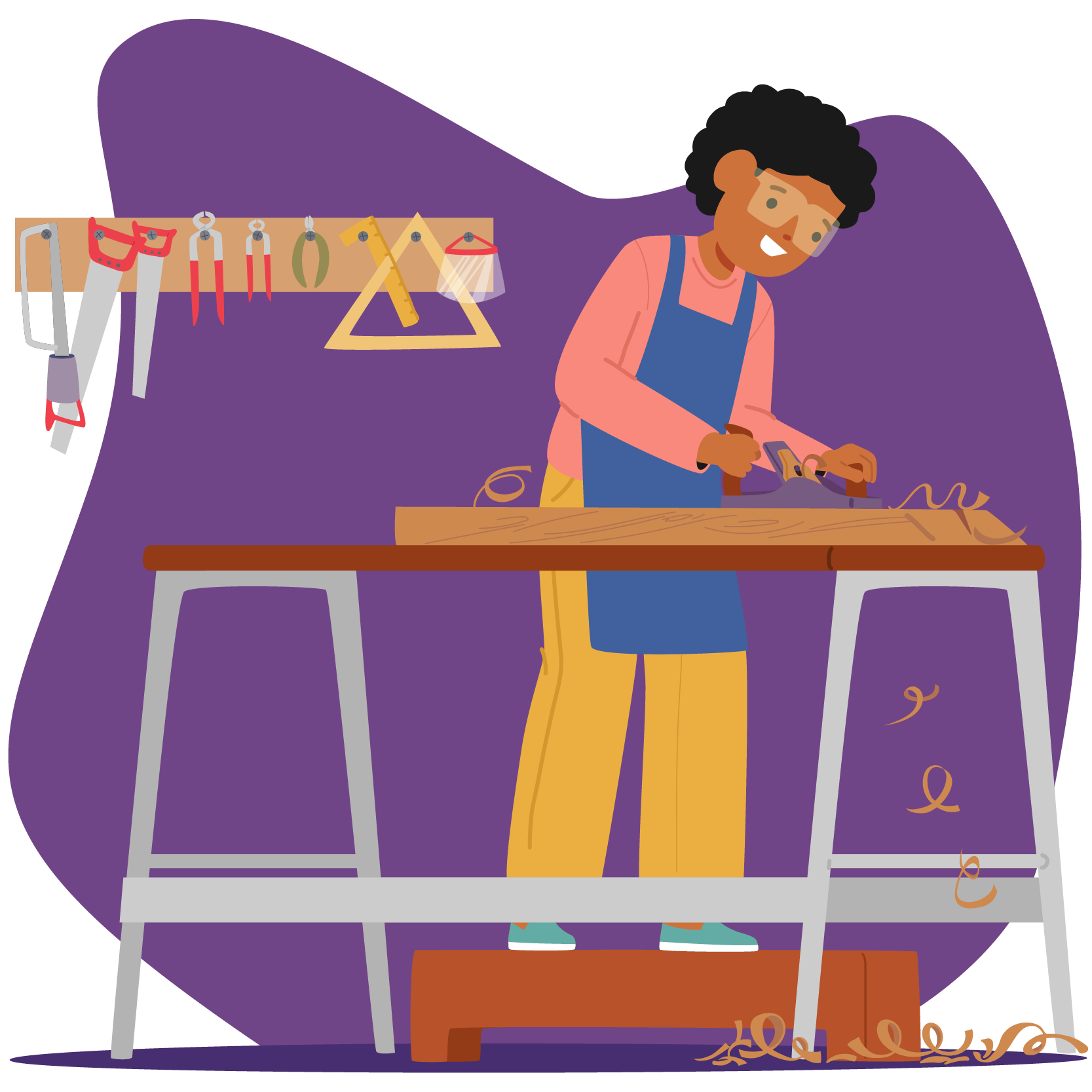
Drugs aren't the answer.
Better Ways to Feel Better
Tune Into Your Feelings
Music can put you in a whole new headspace — no substances necessary.
Want to relax? Give yourself an ego boost? Get some good vibes flowing? Just pick a mood and press play.
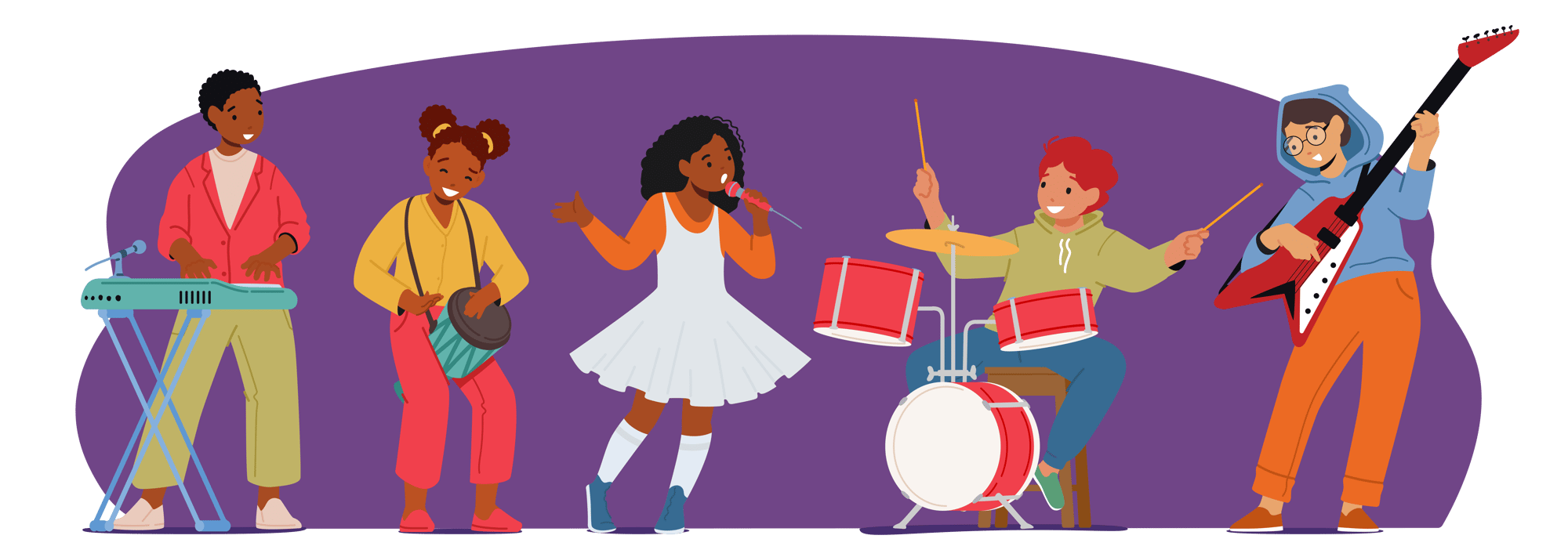
Find Someone to Jam With
Looking for a new way to express yourself or connect with friends?
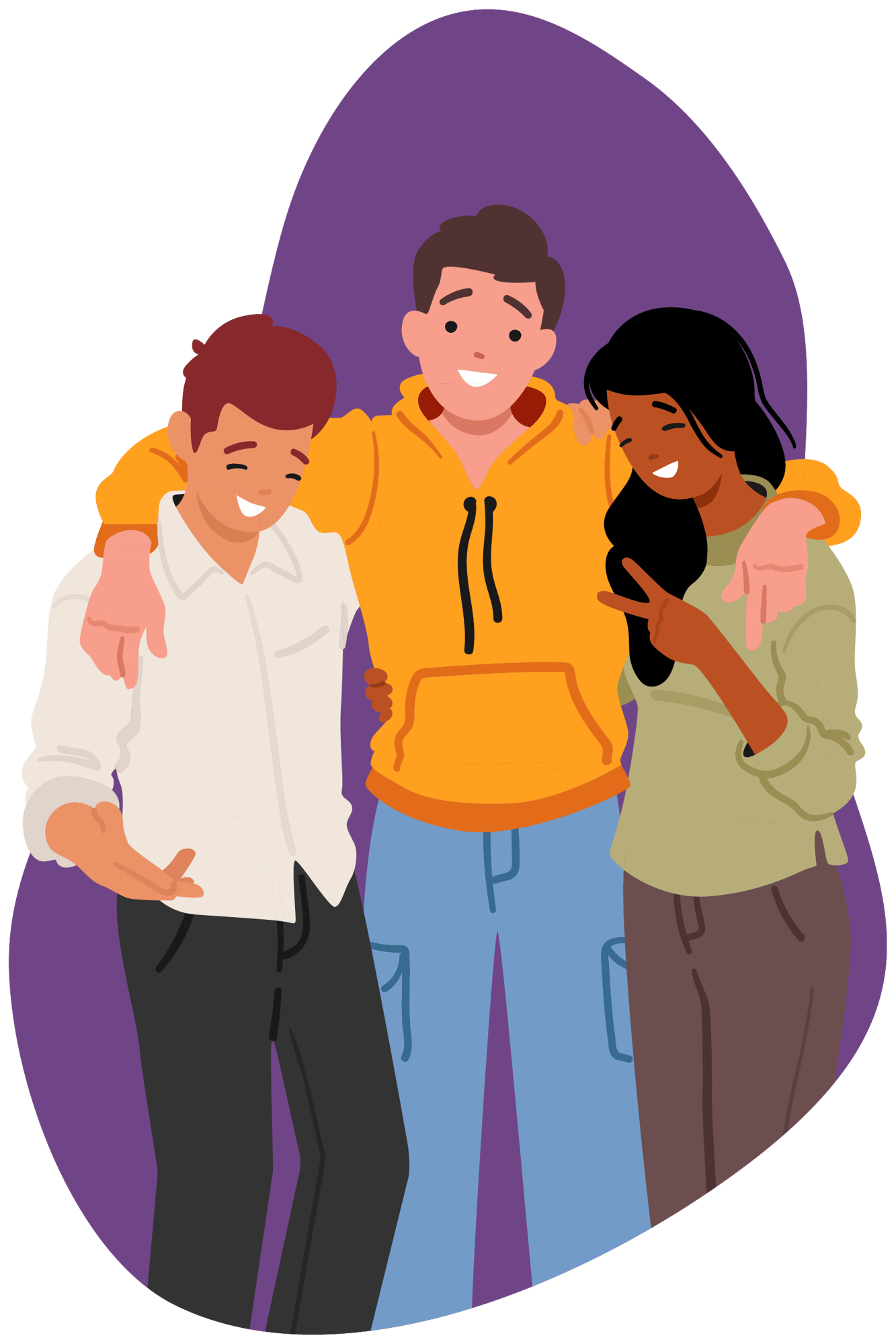
Think about the last time one of your friends checked in, hyped you up or just hung out with you when you really needed it. You can be that person to someone you care about — and it’s tough to find a better feeling.
When someone is struggling with their mental health, they’re a lot more likely to experiment with drugs. But your friends might not always show what they’re going through, or that they’re going through something at all. That’s why it’s so important to let the people around you know you’re there for them.
Just checking in, even with a quick “Hey, how have you been lately?” can make someone feel less alone and open up an opportunity for them to talk it out.
Supporting someone isn’t about fixing everything. What matters is that you listen and let them know there are ways to feel better without drugs.
Proof: Prevention Works
Hear stories and strategies that help others feel better during tough times.
Hear stories and strategies that help others feel better during tough times.




Tips for real, honest conversations
Listen first. Give them space to talk it out before trying to help.
Keep showing up. Checking in again will make you both more comfortable over time.
Know when you need help. If there’s something serious going on, it’s okay to tell your parents, a counselor,
a coach or another adult you trust.
Tips & Resources
How Parents Can Help
It’s not always easy to have conversations about big topics like substance use. But honest, open talks build trust over time and tell your kids you’re there for them. It might feel like small talk. But it makes a big difference.
Click the button below for tips and talking points that can keep your kids safe.









